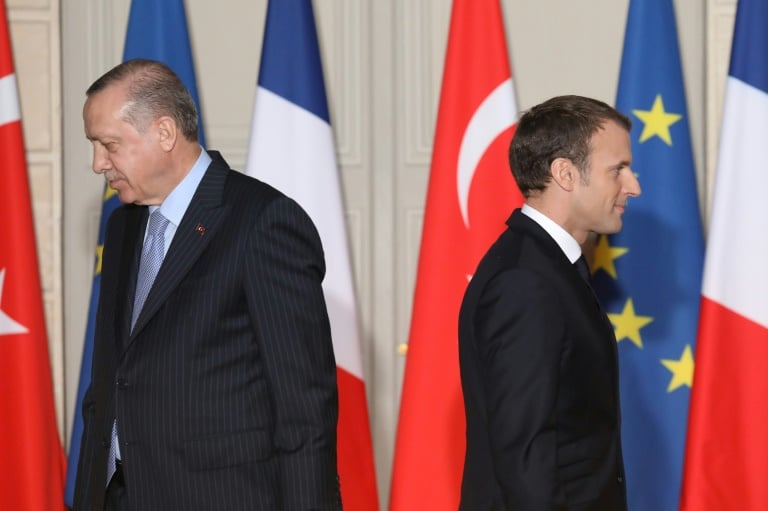Abstract History is not simply a narrated story; it is a transgenerational melancholy revealed allegorically as a flattened and self-regarding past and imposed on future generations as an identitarian and nostalgic nexus. Melancholy for some is the calamity of others. When harmful dynamics are disseminated and false identitarian constructs are presented as the victor’s version […]








